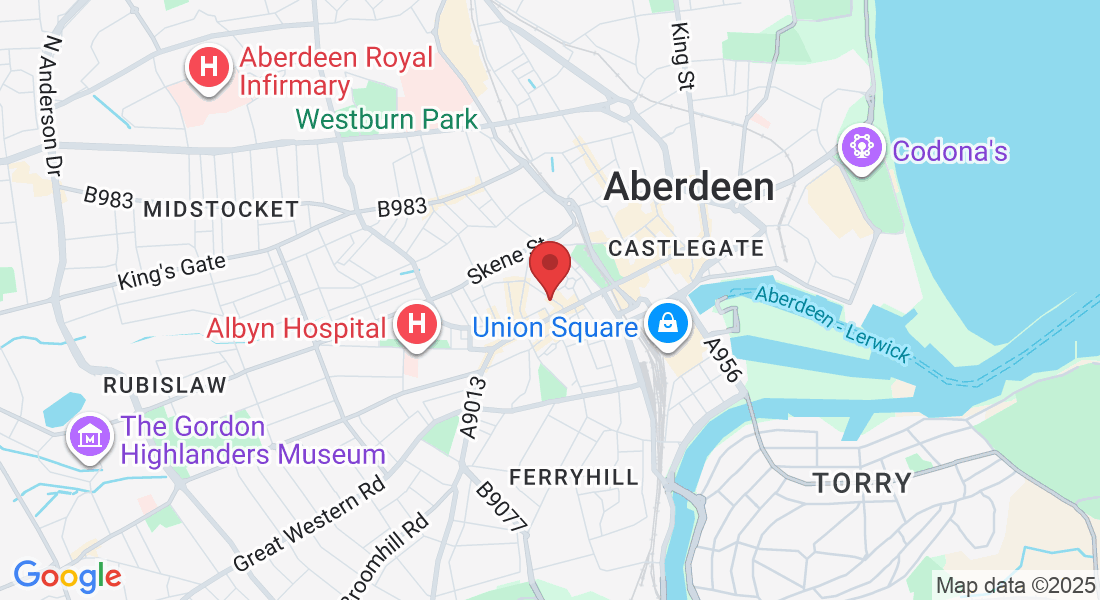Frequently Asked Questions
Starting therapy can feel like a big step, and it is natural to have questions before reaching out. Many people wonder what to expect, whether therapy will really help, and how the process works.
Below you will find answers to some of the most common questions people ask when they are thinking about beginning therapy.

"We can only move at the pace of trust and at the pace of the nervous system" Linda Thai
Trust Your Process!
1. How do I know if therapy is right for me?
If you are struggling with painful memories, ongoing anxiety, or feeling stuck in patterns that don’t serve you, therapy can help. You don’t need to have everything figured out as therapy is a space to explore, make sense of things, and find new ways forward at your own pace.
2. What happens in the first session?
The first session is simply about getting to know each other. You can share what has brought you here and what you would like support with. I will explain how I work, and we shall see if it feels like a good fit. There is no pressure to share everything at once. You are always in control of the process.
3. What is trauma-focused therapy based on Judith Herman’s approach?
Trauma-focused therapy, inspired by Judith Herman’s work (1992), is built on three key phases:
Phase 1: establishing safety and stabilising dysregulated emotions and autonomic stress responses. Modern neuroscience and somatic-based approaches add to this by recognising how trauma affects both the brain and the body. This means we not only talk about your experiences, but also work with how your body holds stress, so healing happens on a deeper, more integrated level.
Phase 2: Processing traumatic memory. When you feel resourced and grounded, processing trauma can begin.
Phase 3: Integrating and meaning-making. So you can process and create a set of future survival strategies that are more adaptive and within you window of tolerance and capacity.
4. What is the person-centred approach based on Carl Rogers and humanistic epistemology?
The person-centred approach, developed by Carl Rogers, is grounded in the belief that everyone has an innate capacity for growth and healing, i.e., actualisation tendency to growth at organismic and self-levels.
In therapy, this means you are met with empathy, respect, and genuine understanding, without judgement. My role is not to tell you what to do, but to create the right conditions for you to explore, make sense of your experiences, and move towards the life you want that is more aligned to your true self.
5. How long will it take before I start to feel better?
Everyone’s journey is different. Some people notice changes after a few sessions, while deeper healing may take longer. Therapy is not a quick fix, but many people begin to feel more supported, less overwhelmed, and more hopeful as the process unfolds.
6. Can therapy help with depression, anxiety, or the impacts of abuse?
Yes. Therapy can help you understand your feelings, manage overwhelming emotions, and develop healthier ways of coping. While it cannot change the past, you can change the narrative. Therapy can help repair any developmental and attachment wounds. It can also give you the tools and strength to create a calmer, more grounded present and a more resilient future.

